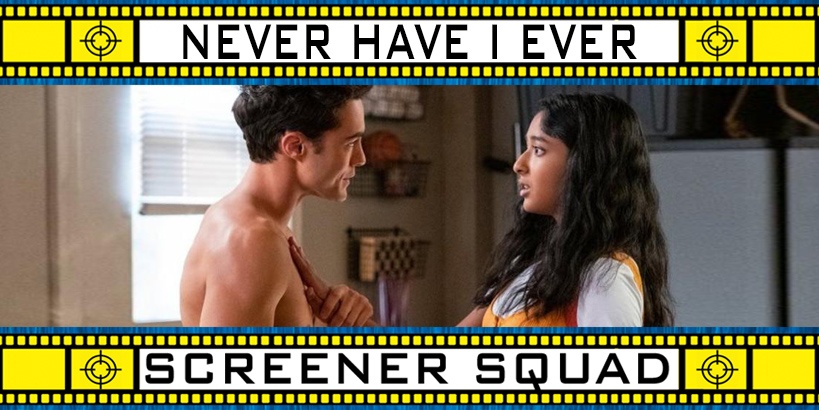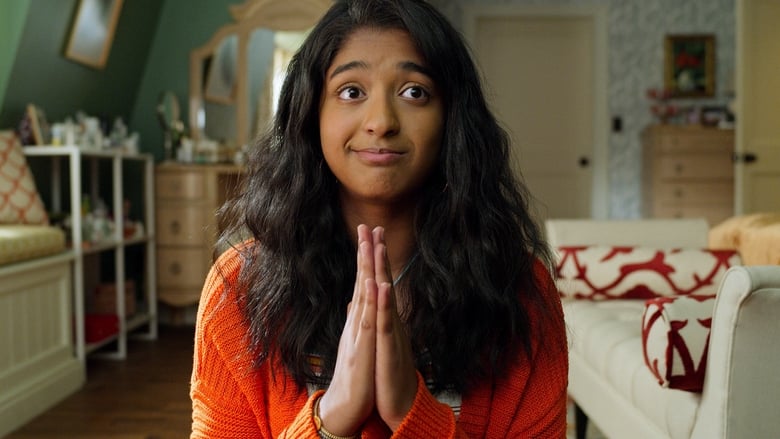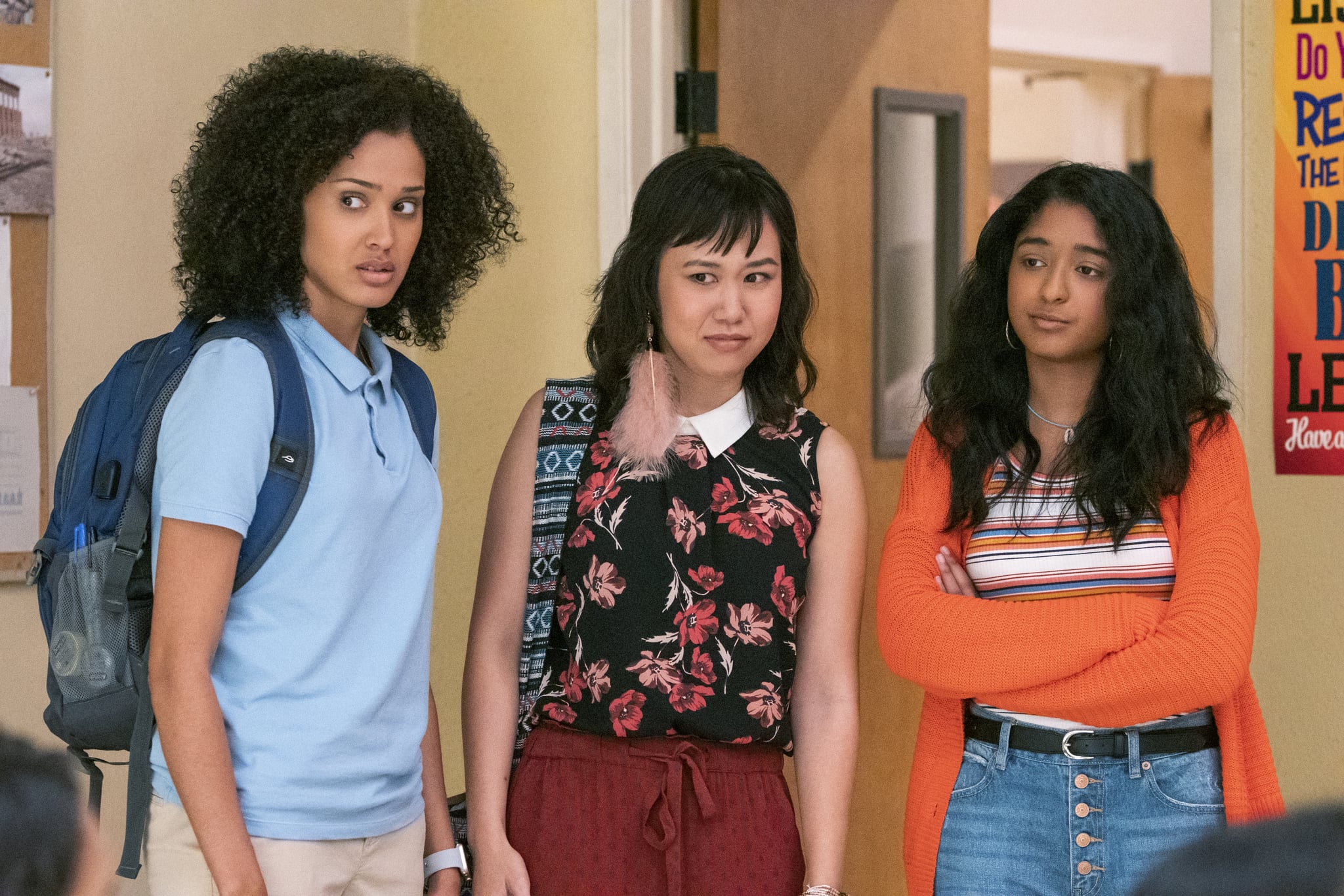

And instead of accepting that she still needs time to heal and grow, Devi chooses the best course of action is to make Paxton jealous by dancing with Des, the cute son of her mother’s new friend. When she sees him with his new girlfriend, she needs to physically leave the room to process her emotions. And it’s possible that she does do this during the time covered in the montage, but we don’t see it happen, and Devi doesn’t exactly come out the other side of the time jump self-actualized.īack at school post-montage, she claims she’s over Paxton (no one really believes her, especially Paxton, which is wildly egotistical and yet also in line with the thinking of teenage boys), but at the mere mention that he’s dating someone new, she becomes angry and upset. One would hope that once he ends things with her and points out that she doesn’t seem to like herself all that much that Devi would take time to process this observation and work through her reaction to it in her regular sessions with her therapist (Niecy Nash).

She doesn’t see what Paxton sees in her, frequently mentioning that she is not good enough for him and that they don’t make any sense together. But by choosing to take this type of storytelling shortcut, the show shortchanges its protagonist by eliminating the possibility of depicting any growth that might have occurred as a result of Paxton’s words.īased on her actions, Devi struggles with self-worth and fitting in. Admittedly, it’s a pretty funny, if simple joke.

We see her crying during a montage meant to show the passage of time, but as McEnroe wrly notes, Southern California doesn’t have seasons, so it’s mostly a montage of Devi in different outfits and different states of distress.
#NEVER HAVE I EVER SEASON 1 MUSIC SERIES#
Immediately after the breakup, the series employs the use of a time jump so it can bypass Devi’s emotional pain and subsequent healing. Ordinarily, I’d be annoyed that a show spent 20 episodes building up to a relationship only to have it end after three, but no one really expected them to be endgame, and this is hardly the biggest issue “Never Have I Ever” faces this season anyway. At the end of Episode 3, he tells her that although he really likes her, he can’t be in a relationship with her until she likes herself. While Devi’s actions and reactions are in character, her anxiety begins to manifest deeper issues of mistrust and self-loathing, ultimately leading to the swift end of her relationship with Paxton. In the new season, she finds herself obsessing over new and different things now that they’re together, like making sure Paxton doesn’t break up with her if she doesn’t sleep with him or worrying that she’s not good enough for him when an old friend and former flame returns to his life. Unfortunately for them both, their pairing does not cure Devi of her anxieties. The Summer Roberts to her Seth Cohen, he manned up in the Season 2 finale and admitted he liked Devi enough to want to date her and be with her in public even after she embarrassed him by two-timing him with Ben (Jaren Lewison).

But while the third outing certainly has its moments, it also uncovers and lays bare some of the show’s biggest flaws.Īfter two seasons spent trying to win the affection of the hottest and most popular boy in school, Devi (Ramakrishnan) has done what was once thought impossible and is dating Paxton Hall-Yoshida (Darren Barnet). Led by a revelatory Maitreyi Ramakrishnan and memorably narrated by tennis legend John McEnroe, the show was arguably one of the best on Netflix for those seasons. For two seasons, Netflix’s young adult dramedy Never Have I Ever commanded our attention with a delightful coming-of-age story that balanced a wry sense of humor with near-constant horniness, the weight of familial expectations, and the lingering pain of grief.


 0 kommentar(er)
0 kommentar(er)
